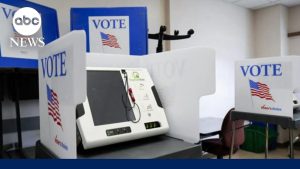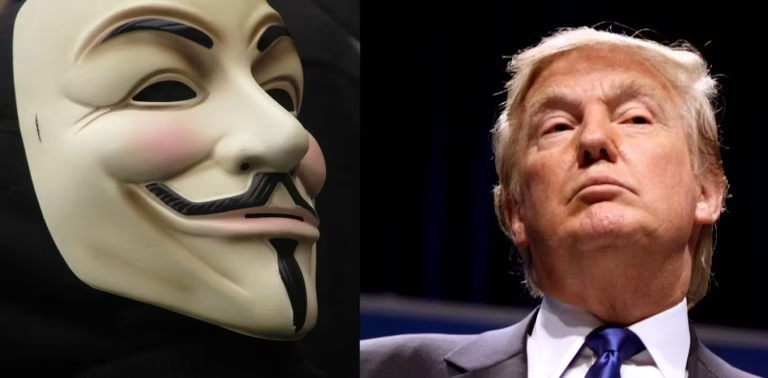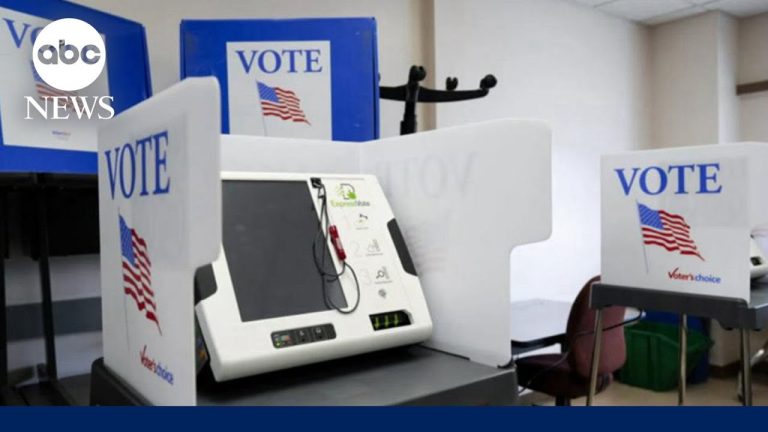-By David Swanson
January 9, 2012- Don't take it from me. Take it from the book being published today that will mainstream the movement to end corporate personhood: "Corporations Are Not People: Why They Have More Rights Than You Do, And What You Can Do About It," by Jeff Clements with foreword by Bill Moyers.
Clements traces the development of the legal doctrine of corporate personhood back long before the Supreme Court's Citizens United decision two years ago this month, in particular to President Richard Nixon's appointment of Lewis Powell to the Supreme Court in 1972. Led by Powell's radical new conception of corporate rights, Clements shows, the court began striking down laws that protected living breathing persons' rights in areas including the environment, tobacco, public health, food, drugs, financial regulation, and elections.
In 1978 the Supreme Court ruled that corporations had speech rights that prevented banning their money from an election, a conclusion that might have been nearly incomprehensible a decade earlier before the U.S. Chamber of Commerce and various corporate foundations began filling our public discourse with phrases like "corporate speech." In 1980 Congress forbade the Federal Trade Commission from protecting children or students from junk food advertising and sales. In 1982 corporate speech rights in the U.S. Supreme Court overturned a state law that had attempted to block energy companies from promoting greater energy consumption. In the 1990s, the Monsanto corporation, whose genetically engineered drug was banned in many countries, won the right to include it in milk in the United States and the "right not to speak," thereby overturning a law requiring that milk be labeled to indicate the drug's presence.
Decision after decision has extended corporate rights to a position of priority over actual human rights on everything from food and water and air to education and healthcare and wars. The ground has shifted. In 1971 Lewis Powell argued on behalf of the cigarette companies that they had a corporate person's right to use cartoons and misleading claims to get young people hooked on nicotine, and he was laughed out of court. In 2001, the Supreme Court struck down a state law banning cigarette ads within 1,000 feet of schools and playgrounds. The reason? The sacred right of the corporate person, which carries more weight now than the rights of the people of a community to protect their children … er, excuse me, their "replacement smokers."








